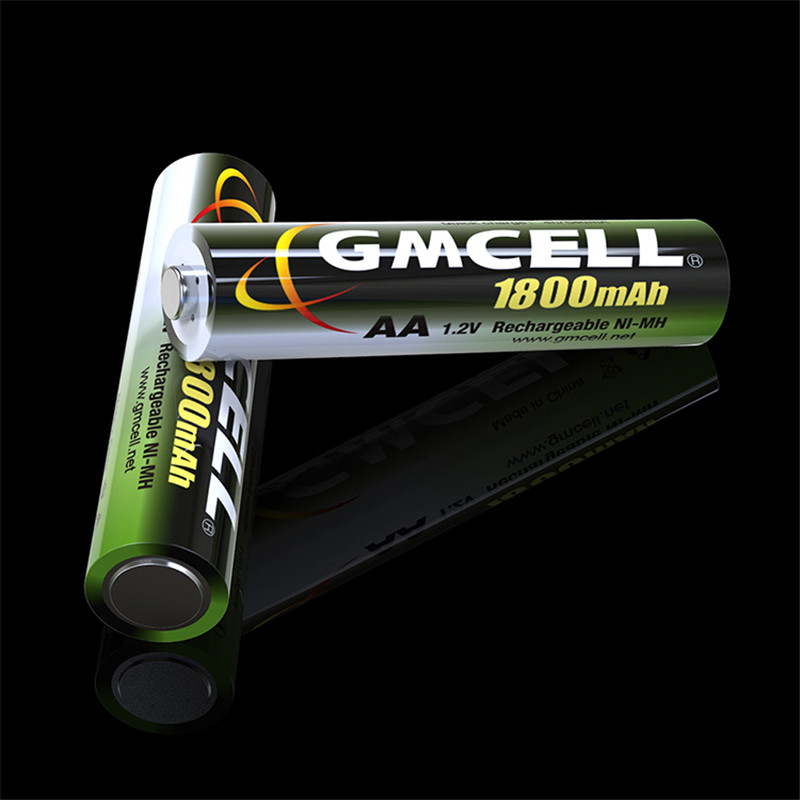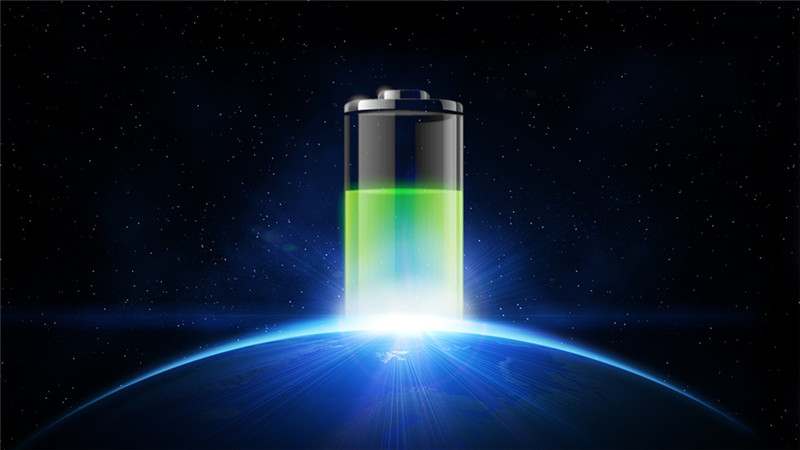Nickel-Metal Hydride (NiMH battery) is a rechargeable battery technology that utilizes nickel hydride as the negative electrode material and hydride as the positive electrode material. It is a battery type that was widely used before lithium-ion batteries.
Rechargeable batteries have been playing an indispensable role in some specific fields and devices, such as portable consumer electronic devices, hybrid and electric vehicles, energy storage systems, emergency lighting and backup power.

As the early mainstream rechargeable batteries, NiMH batteries have the following key features:
High energy density: NiMH batteries have relatively high energy density, which can provide relatively long usage time.
Good high temperature resistance: Compared with other rechargeable batteries, NiMH batteries are more stable in high temperature conditions.
Lower cost: Compared to some new battery technologies such as lithium-ion batteries, NiMH batteries are relatively inexpensive to manufacture.
Although lithium-ion batteries have replaced nickel-metal hydride batteries in many applications, nimh batteries still have a certain irreplaceability in some specific areas. For example:
High-temperature environment applications: compared to Li-ion batteries, NiMH batteries perform better in high-temperature environments. They have higher thermal stability and safety performance, and can work at higher temperatures, while lithium-ion batteries may overheat and short-circuit at high temperatures.
Longer Life Requirements: NiMH batteries typically have a longer cycle life and can undergo more charge/discharge cycles without significant performance degradation. This gives NiMH batteries an advantage in applications that require long-term reliable use, such as satellites, spacecraft and certain industrial equipment.
High-capacity applications: NiMH batteries typically have relatively high capacity and are suitable for equipment and systems that require high-capacity energy storage. This includes some energy storage systems, emergency power supplies and some specialized areas of equipment.
Cost factor: Although Li-ion batteries are more competitive in terms of cost and energy density, NiMH batteries may still have a cost advantage in some specific cases. For example, for some relatively simple and low-cost equipment, NiMH batteries may be a more economical choice.

It is important to note that as technology has evolved, Li-ion batteries have advantages in many areas and have achieved dominance in most applications. However, NiMH batteries still play an important role in some specific areas and needs, and their high-temperature adaptability, long life, high capacity and cost advantages keep them irreplaceable in specific applications.
Post time: Jul-25-2023




